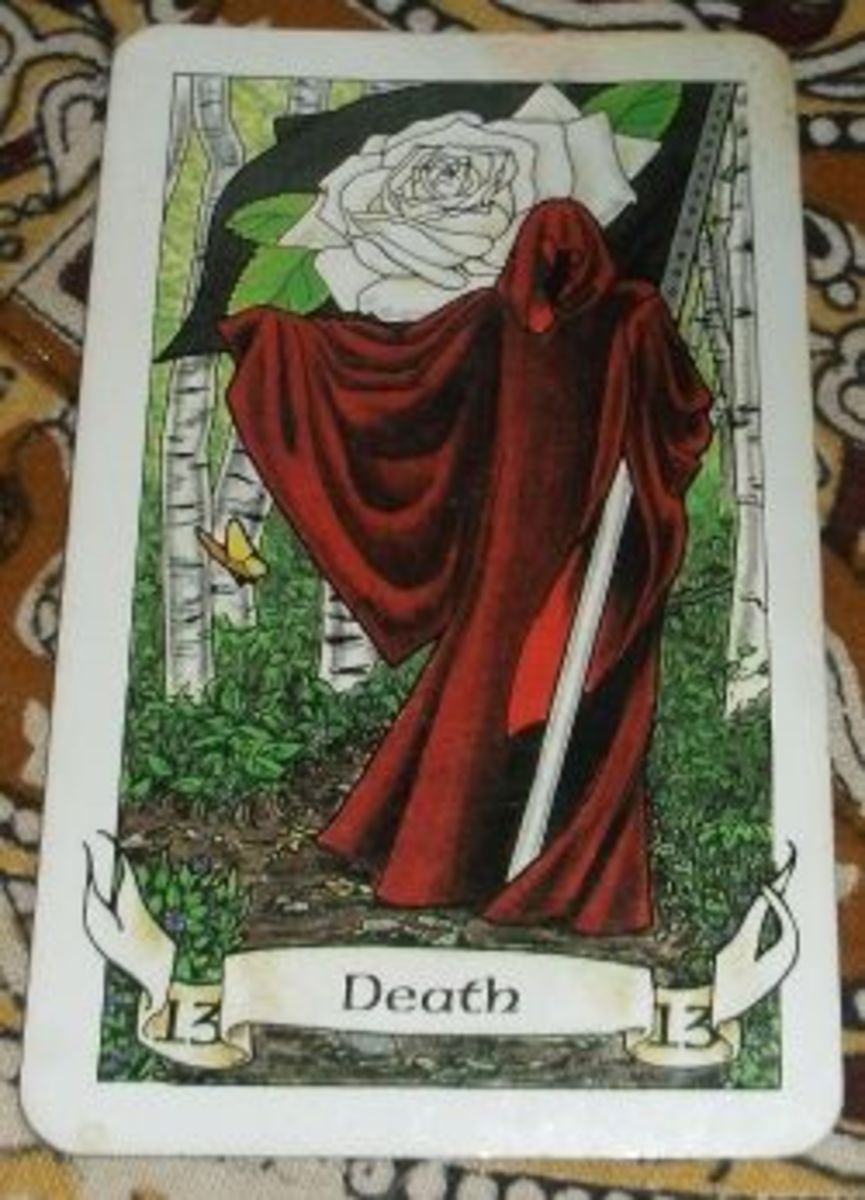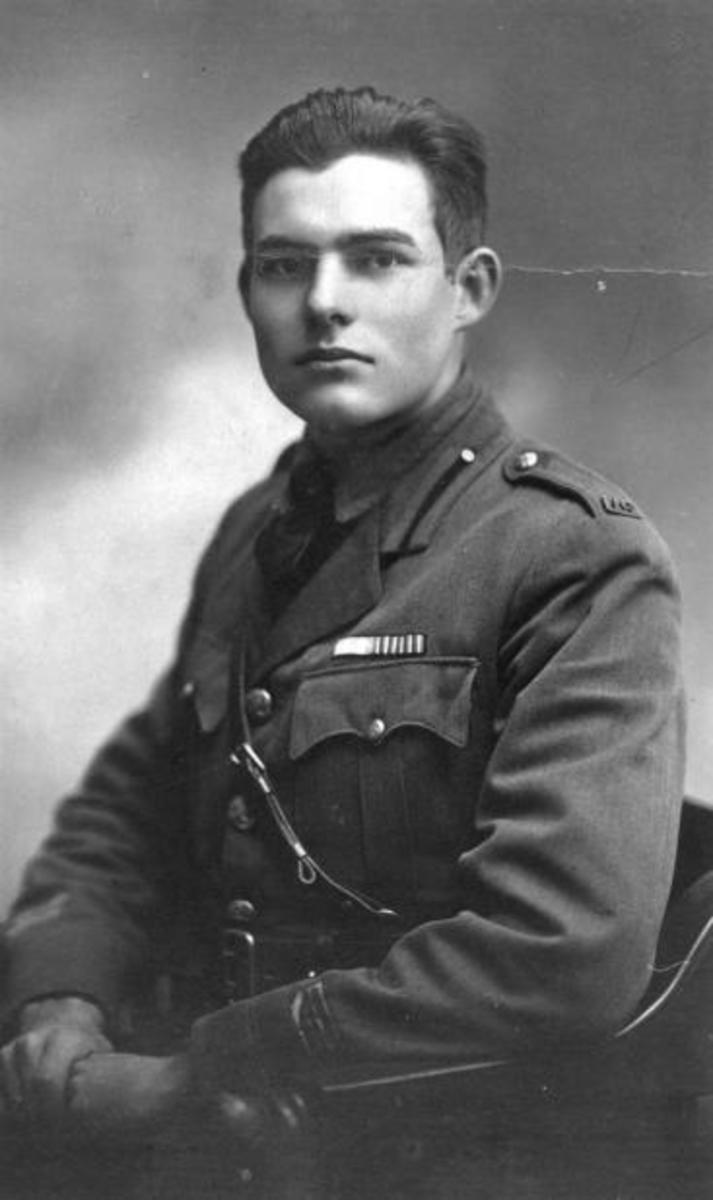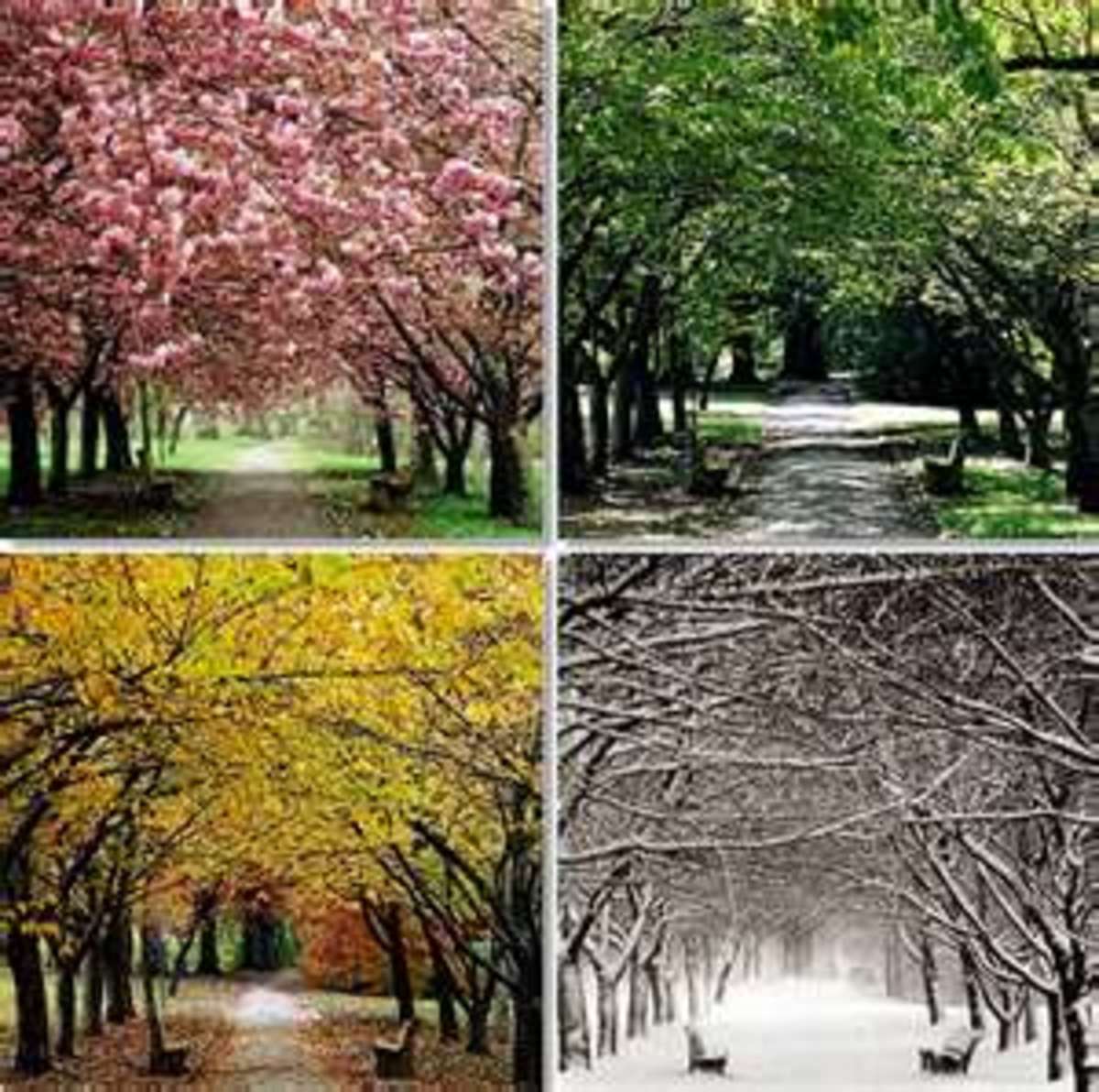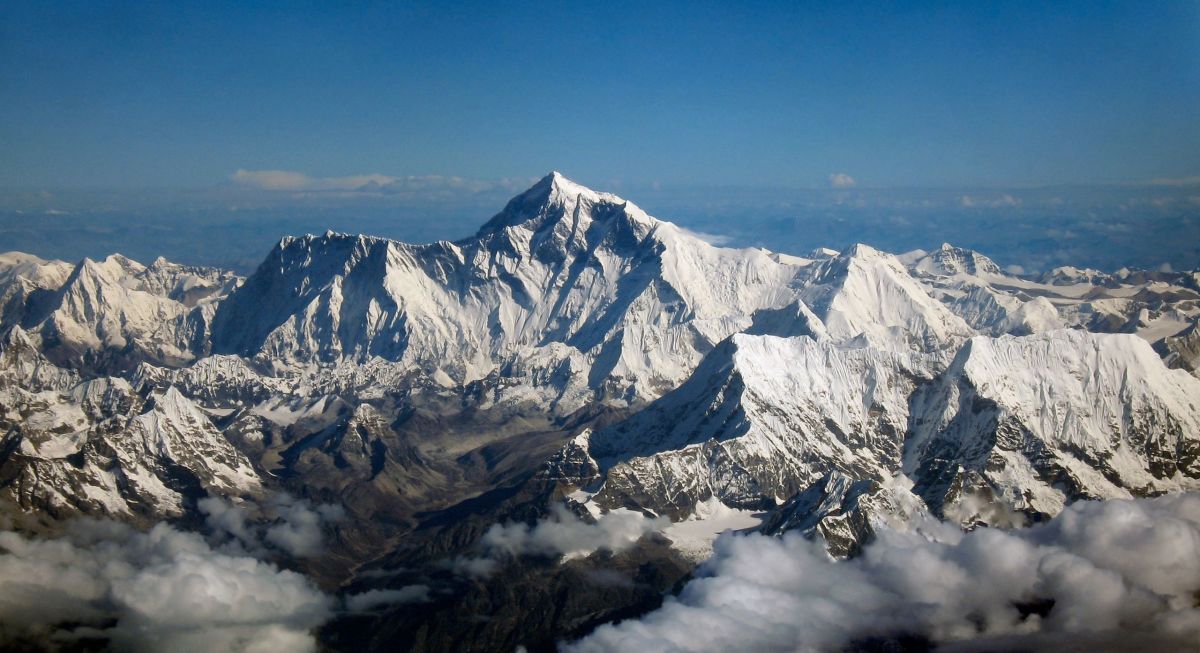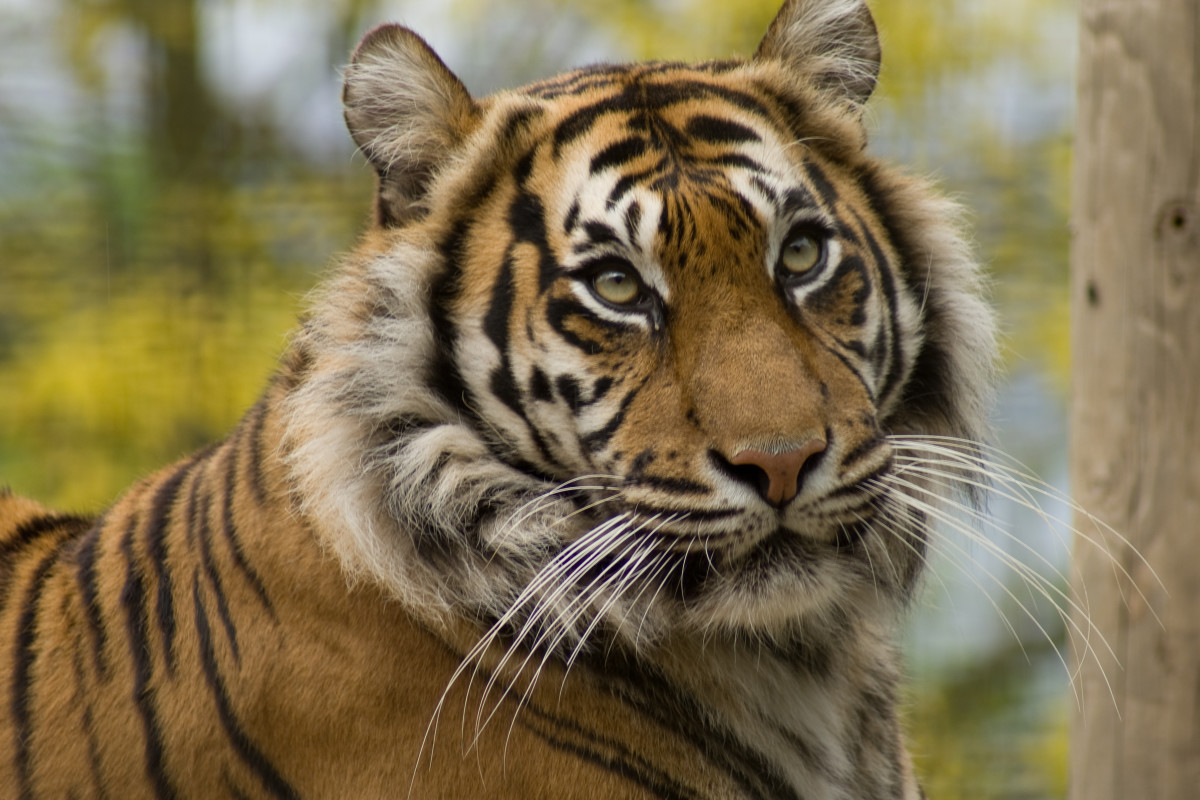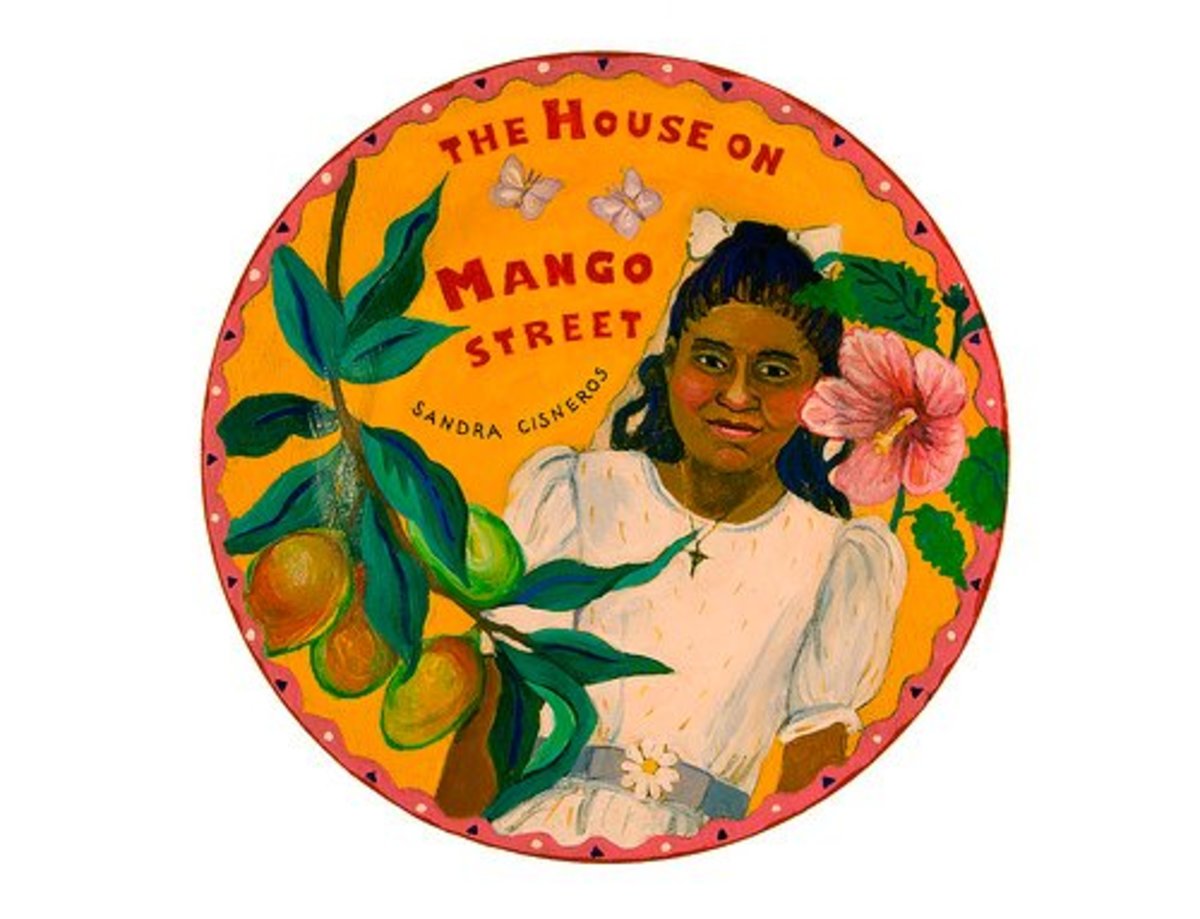- HubPages»
- Books, Literature, and Writing»
- Literature»
- American Literature
Summary and Response to “The Snows of Kilimanjaro: A Revaluation” by Oliver Evans
Ernest Hemingway
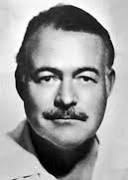
Oliver Evans' Evaluation
Because Ernest Hemingway is considered to be an influential intellectual as well as a modernist philosopher, all his literary works are closely criticized by numerous literary critics. His work, “The Snows of Kilimanjaro” highlighted Hemingway’s views on “life-in-death” more than any of his other works; though, almost all his works are concerned with departing material reality in some way. Some literary critics state that “The Snows of Kilimanjaro” was a “magnificent failure” because it lacked “dramatic force” (Evans, 601). Others do not believe that the story’s material action and symbolism are properly matched (Evans, 601). Oliver Evans does not agree. “‘The Snows’ is not, primarily, a story of action at all: its interest lies in the situation, and in the conflict between idealism and materialism that takes place within the protagonist” (Evans, 602). Evans discovered symbolism in almost every aspect of the story. Evans noted the despair in Harry’s life because of the conflicting views he held, and because of the deadness he felt. According to Evans, Harry was partly idealistic, as shown by his despair; however, he was also materialistic and mechanistic. Harry did not fear death; however, he hated the thought of leaving so much unaccomplished. He hated knowing that he had ruined his own life and that he could not re-claim his integrity while maintaining his materialistic lifestyle (Evans, 602). Oliver Evans also noted the symbolism of Helen, Harry’s wife. Harry made the choice to marry Helen for her money, which resulted in his moral and integral downfall because he no longer was required to exercise his morality, integrity, or talents. He did not really love his wife; their relationship was based upon a “lie”. Helen symbolized materialistic death, states Evans. She facilitated Harry’s “death-in-life” by changing him from someone who had the chance of reclaiming his integrity into something without morality or integrity. She did this by giving him the easy life. This greatly contributed to his moral decay and resulted in his “death-in-life” (Evans, 605). Helen thrived on Harry’s moral deadness. Though, Helen did not intend for Harry’s downfall. Harry’s loss of integrity and joy was his own fault because he made the choice to marry Helen for her money (Evans, 606). Evans stated that Hemingway wanted the slow painless physical death caused by the gangrene to symbolize the moral and psychological death Harry previously experienced when he married into wealth (Evans, 603). The hyena and the vultures were also symbols of material death, stated Oliver Evans (Evans, 605). When Harry died physically, he went to Mount Kilimanjaro, the “House of God”, which is eternal (Evans, 607). “He dreamed that the plane came for him, and dreamed that he was headed for the snow covered peak of Mount Kilimanjaro” (Evans, 602). Oliver Evans also saw symbolism in the different geography that Hemingway included in “The Snows of Kilimanjaro”. According to Evans, the African Plain symbolized Harry’s hope for moral regeneration. He had good memories of Africa in the past, during the time he was morally sound, creative, and had integrity (Evans, 602). He wanted to go back and re-become his old self, he wanted to “regain his lost integrity” (Evans, 602). The African plain also represented Harry’s recent lifeless and worthless existence; it caused him to remember his past (Evans, 603). “As the mountain symbolizes life-in-death, the African Plain on which the man was dying symbolizes death-in-life” (Evans, 603). In order for Harry’s soul to reach eternal spiritual heights, he had to experience physical death. Death-in-life was the only way Harry could regain his integrity. He had to become re-born in nature in order to wipe his slate clean of corruption. The snow on the top of the mountain symbolized purity (Evans, 603). According to Oliver Evans, the leopard that traveled to the top of Mount Kilimanjaro and died represented Harry. “It is probable; however, that Hemingway intended to identify the man in some way with the leopard. What has happened to the leopard is a pretty obvious example of life-in-death, and what has happened to the man is a form of death-in-life (Evans, 604).
My Response to Oliver Evans
I love the way Hemingway integrates geographical symbolism into his works. I remember reading The Old Man and The Sea as an assignment for high school and noticing the geographical symbolism of the ocean. The symbols in “The Snows of Kilimanjaro” did not present themselves to me as clearly as did the representations in The Old Man and The Sea; however, reading the article by Oliver Evans pulled it all together for me and the symbolism made a lot of sense. I completely agree with Evans, and I believe that his explanations for the different symbolic elements within “The Snows of Kilimanjaro” are much better thought out than those of other literary critics. In my opinion, “The Snows of Kilimanjaro” primarily concerns death-in-life and life-in-death. As Harry lay dying of gangrene, he wished that he had not lost his integrity and talent. He felt as though he had lived a worthless and meaningless existence without his integrity, morality, and talent. He felt as though he had traded his individuality for the easy life, and he became angry at his wife Helen for giving him the easy life, which was not right of him. “We must all be cut out for what we do, he thought. However you make your living is where your talent lies. He had sold vitality, in one form or another, all his life and when your affections are not too involved you give much better value for the money” (Hemingway, “The Snows…”). Harry longed for Mount Kilimanjaro, the coolness and the white snow. Physical death brought Harry out of his material life. However, through the spiritual life that comes through death, Harry reclaimed his integrity. Harry experienced death in a material sense so that he could experience life in a spiritual sense. Harry envisioned Mount Kilimanjaro as the “House of God”; I believe that Hemingway meant the top of the mountain to represent the eternal perfect bond with nature that comes through death. I also noticed that Helen did not care about Harry’s morally degenerated state. She cared about his physical well-being, while she promoted the destruction of his morality, integrity, and talents. “She shot very well this good, this rich bitch, this kindly caretaker and destroyer of his talent” (Hemingway, “The Snows…”). She did not let him turn his life around; she kept telling him that everything would be alright even when things were really not alright. I believe that Harry was unable to reclaim his integrity because he was surrounded by materialism. I agree with Oliver Evans when he stated that Helen fed off of Harry’s loss of morals, integrity, and talents. “The way in which she had finally fallen in love with him were all part of a regular progression in which she had built herself a new life and he had traded away what remained of his old life” (Hemingway, “The Snows…”). Helen lived a very materialistic life, she was wealthy. “It was strange, too, wasn't it, that when he fell in love with another woman, that woman should always have more money than the last one?” (Hemingway, “The Snows…”). I believe that Helen heavily contributed to Harry’s bad state of mind by giving him the easy life. “It was a talent all right but instead of using it, he had traded on it. It was never what he had done, but always what he could do. And he had chosen to make his living with something else instead of a pen or a pencil” (Hemingway, “The Snows…”). I believe that Helen opened the way for several obvious representations of death to enter Harry’s life: the Hyena and the vultures. The more Harry became morally dead, the more he saw the world as a system of cause and effect and the more he adopted the mechanistic point of view. He becomes less of a realist and more of a modernist. Harry realized that he was at fault for his current condition because of his choice to marry Helen. It was not simply fate. “He had destroyed his talent himself. Why should he blame this woman because she kept him well? He had destroyed his talent by not using it, by betrayals of himself and what he believed in” (Hemingway, “The Snows…”). Harry died dreaming of the top of Mount Kilimanjaro; a place which symbolized true integrity. Harry realized that a joyful life involves integrity and he wanted out of his morally dead state. I agree with Oliver Evans that the leopard’s assent to the top of Mount Kilimanjaro represented Harry attempt to reclaim his integrity. I believe that the leopard’s frozen body represented Harry’s materialistic lifestyle that was left behind at his physical death. I believe that Hemingway wrote “The Snows of Kilimanjaro” to illustrate the process of moral degeneration by comparing it to the process of physical death from gangrene. Gangrene is painless, yet it is just as deadly as a bullet wound. I believe that Hemingway experienced moral degeneration and loss of integrity in his own life, and I believe that he partly blamed women. I believe he wrote “The Snows of Kilimanjaro” in order to show the importance of guarding integrity, and how integrity, talent, and morality are as important as life itself.
Literature Cited
Evans, Oliver. “The Snows of Kilimanjaro: A Revaluation.” JSTOR 76.5 (1961): p. 601-7. Web. 26 June 2012.

